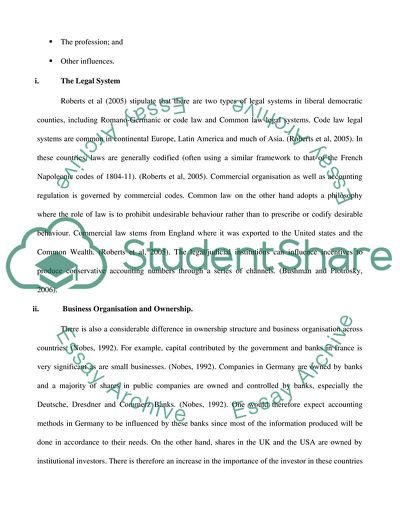Cite this document
(“The Institutional and Cultural Influences on Accounting Essay”, n.d.)
Retrieved from https://studentshare.org/finance-accounting/1522891-the-institutional-and-cultural-influences-on-accounting
Retrieved from https://studentshare.org/finance-accounting/1522891-the-institutional-and-cultural-influences-on-accounting
(The Institutional and Cultural Influences on Accounting Essay)
https://studentshare.org/finance-accounting/1522891-the-institutional-and-cultural-influences-on-accounting.
https://studentshare.org/finance-accounting/1522891-the-institutional-and-cultural-influences-on-accounting.
“The Institutional and Cultural Influences on Accounting Essay”, n.d. https://studentshare.org/finance-accounting/1522891-the-institutional-and-cultural-influences-on-accounting.


